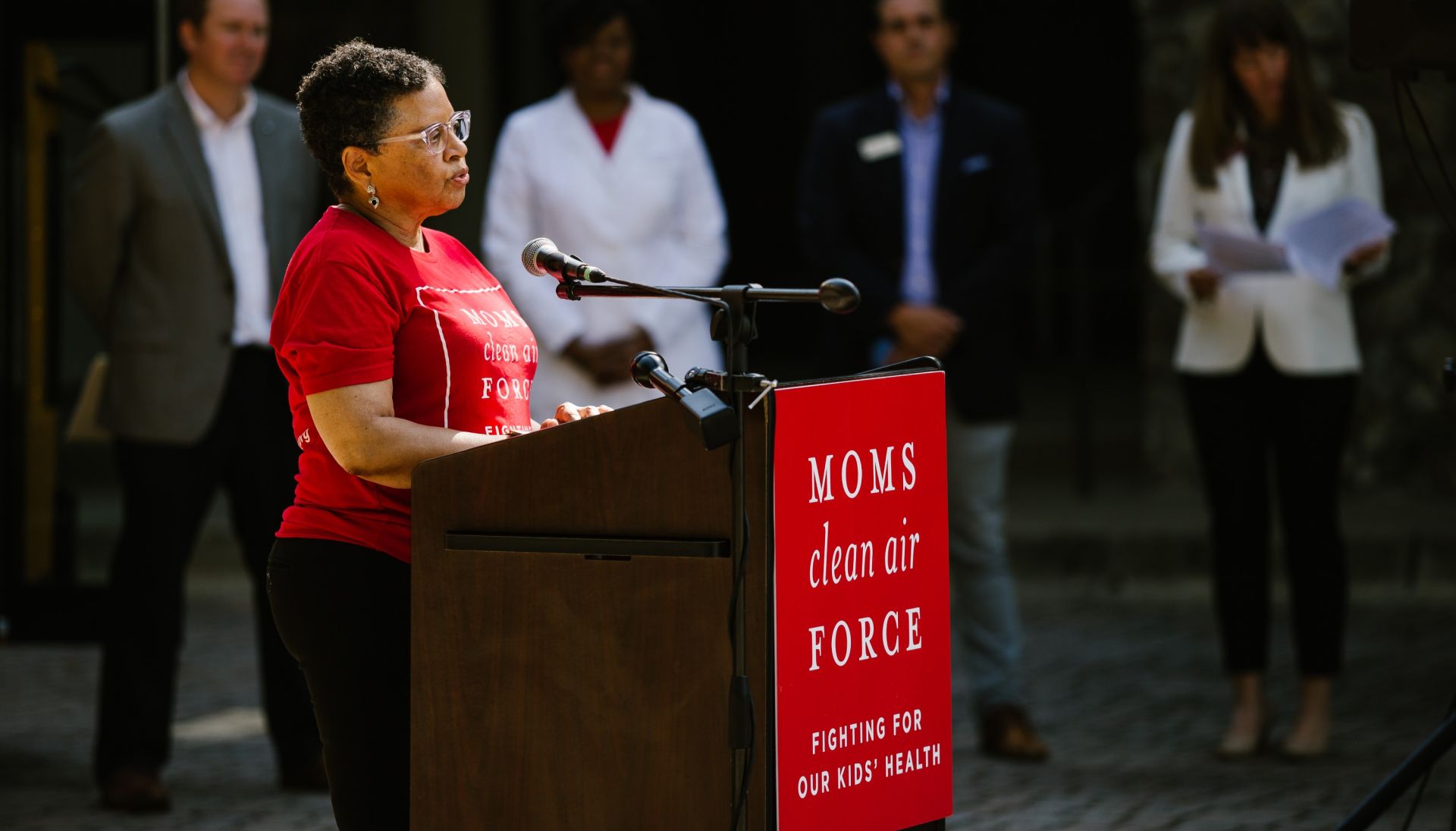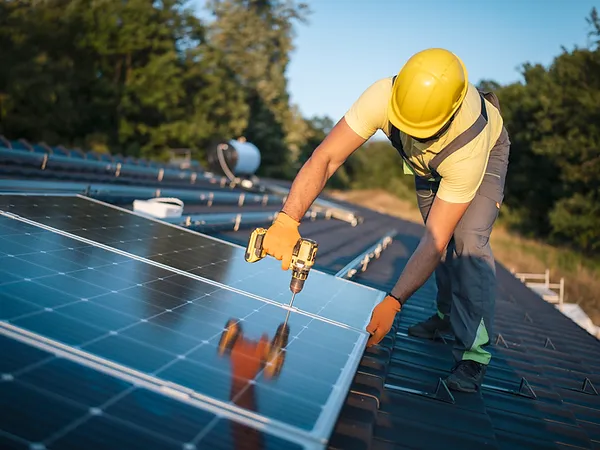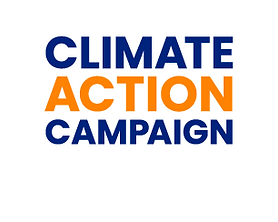

GEORGIA
Climate Wins Here in Georgia
Georgians won big with the unprecedented climate and clean energy investments approved in the historic Inflation Reduction Act and the Infrastructure Investment and Jobs Act. More than 7 in 10 state residents support climate and clean energy investments like those included in these laws because Georgians are ready for the lower costs and growth opportunities presented by a transition to a clean energy economy. These new investments will cut climate pollution and accelerate the growth of domestic solar energy – protecting our air, our climate, our health, and our communities while lowering costs and creating economic opportunity.
President Biden and climate leaders in Congress have delivered for Georgians in a big way by lowering costs for families and boosting domestic solar, all while advancing justice and helping prevent the most catastrophic impacts of climate change.

Lowering Costs
- The Inflation Reduction Act of 2022 will:
-
-
-
Deliver a new consumer tax credit of up to $4,000 for middle-and lower-income people to buy used clean vehicles and up to $7,500 tax credit to buy new clean vehicles
-
Invest $9 billion in consumer home energy rebate programs, focused on low-income consumers, to electrify home appliances and for energy-efficient retrofits
-
Offer 10 years of consumer tax credits to make homes more energy efficient, making heat pumps, rooftop solar, electric HVAC, water heats, and electric appliances more affordable
-
Create a $1 billion grant program to make affordable housing more efficient
-
Invest $3 billion to support projects that reduce pollution and improve access to safe and affordable transportation. This includes projects to retrofit transportation infrastructure like highways that have left communities divided
-
Independent analyses found the Inflation Reduction Act would lower energy costs for families in Georgia with estimates ranging from $300 to $1,800 in annual savings
-
The average household could see between $1,025 in household energy costs including electricity costs, home energy, and transportation by 2030 compared to 2021
-
Grants to help state and local governments adopt the latest building energy codes could help the average new homeowner in Georgia save $327 annually on their utility bill
-
-
-
Over the next five years, the Infrastructure Investment and Jobs Act will:
-
Deliver a portion of the $3.5 billion national investment in energy efficiency and weatherization programs to reduce energy costs for American families
-
-
Since the Infrastructure Investment and Jobs Act was signed into law in November 2021, millions of dollars in investments that lower costs for Georgians have already been announced:
-
Invest $84 million for Weatherization Assistance Program to reduce energy costs for low-income households
-
Provide $4.5 million for Low Income Home Energy Assistance Program to help families stay warm in the winter and cool in the summer by providing assistance in managing costs with home energy bills, weatherization, and more
-
-

Domestic Solar
- The Inflation Reduction Act of 2022 will:
-
-
-
Offer 10 years of consumer tax credits to make homes more energy efficient, making rooftop solar more affordable
-
Invest $30 billion in tax credits to accelerate domestic production of solar panel, wind turbines, batteries, and critical minerals processing
-
Bring an estimated $180 million of investment in large-scale clean power generation and storage to Georgia by 2030
-
Deliver $30 billion in tax credits to accelerate domestic production of solar panel, wind turbines, batteries, and critical minerals processing
-
Create a new $10 billion investment tax credit to build new manufacturing facilities for clean technologies such as electric vehicles, wind turbines, and solar panels
-
Clean energy tax incentives will spur domestic production and create up to 1.5 million jobs in 2030 and could create 9 million jobs over the next decade
-
In 2021, over 75,000 Georgians were employed in a clean energy industry
-
A 2020 report found that federal clean energy stimulus investments similar to those considered in the Inflation Reduction Act would add almost 110,000 clean energy jobs in Georgia over five years.
-
-
-

Environmental Justice
- Communities of color and vulnerable communities are hit first and worst by pollution and suffer severe health and economic impacts. Communities of color and vulnerable communities face an even greater risk, disproportionately living near highways, power plants and other sources of pollution.
-
-
Environmental injustice is a national crisis, endangering lives, stalling economic and personal growth and development.
-
The Inflation Reduction Act of 2022 will:
-
Invest $3 billion to support projects that reduce pollution and improve access to safe and affordable transportation. This includes projects to retrofit transportation infrastructure like highways that have left communities divided.
-
Invest $3 billion for environmental justice block grants to reduce air pollution, mitigate climate and health risks, and increase climate adaptation.
-
$3 billion to reduce air pollution at ports, including $750 million for communities like those in Bartow, Clayton, Cobb, DeKalb, Fulton, Gwinnett, and Henry Counties that doesn’t meet national air quality standards
-
$1 billion for clean heavy-duty trucks, including school buses and transit buses, of which $400 million is reserved for communities that don’t meet national air quality standards.
-
Provide $281 million for air quality monitoring, including in historically overburdened communities exposed to persistent air pollution.
-
-
Over the next five years, the Infrastructure Investment and Jobs Act will:
-
Deliver a portion of the $5 billion national funding to for school districts to replace diesel-burning school busses with zero- or low-emissions school busses
-
-
However, there is much more work to be done when it comes to ensuring true environmental justice for all Americans.
-

Coastal Resilience
-
Black communities in Georgia are disproportionately affected by flood risk along the Southeast coast
-
The Inflation Reduction Act of 2022 will:
-
Create $2.6 billion in grants to conserve and restore coastal habitats, mitigate climate change, and protect communities
-
Includes $1 million for Gray’s Reef National Marine Sanctuary visitor center in Savannah and $100 million for Hurricane Hunter aircraft manufactured by the Gulfstream Aerospace Corporation headquartered in Savannah, GA
-
-
-
Over the next five years, the Infrastructure Investment and Jobs Act will:
-
Deliver a portion of the $12 billion in national funding for flood mitigation and infrastructure investments to enhance coastal resilience, a priority and safeguard to protect against stronger tropical storms and hurricanes.
-
-
Since the Infrastructure Investment and Jobs Act was signed into law in November 2021, millions of dollars in investments that promote coastal resilience in Georgia have already been announced:
-
$106 million for infrastructure resilience including coastal protection and inland flood risk management projects
-

